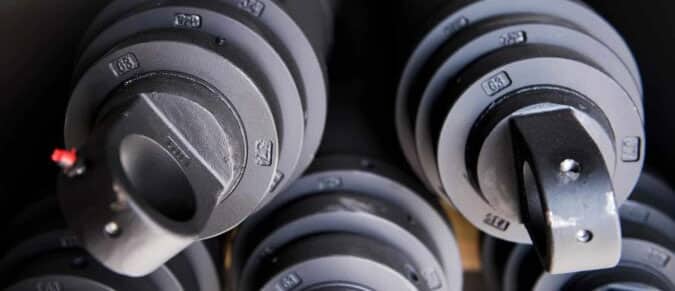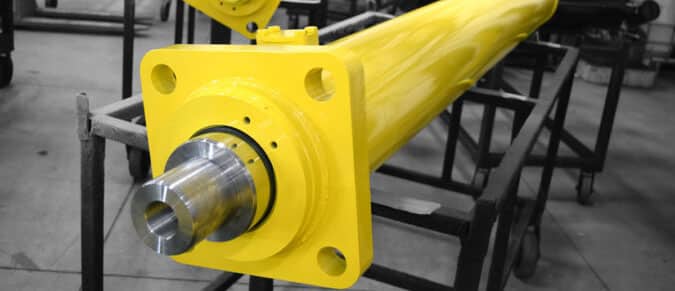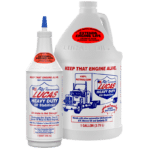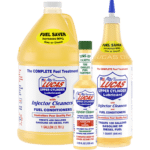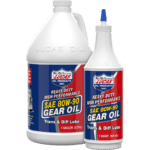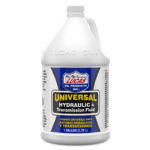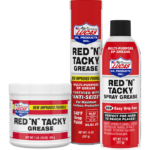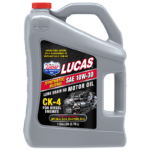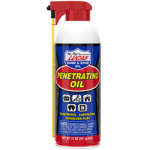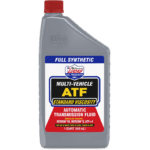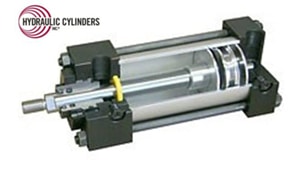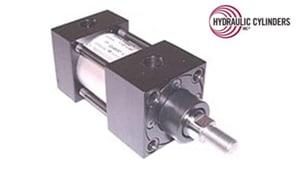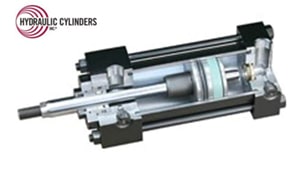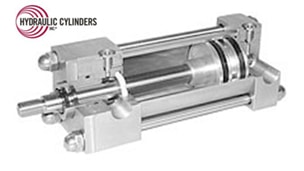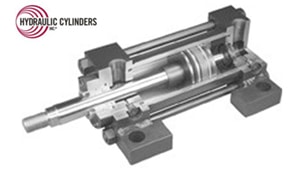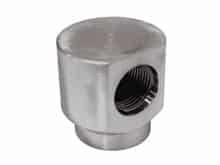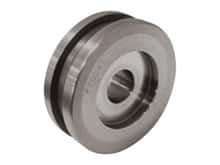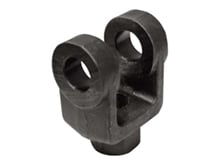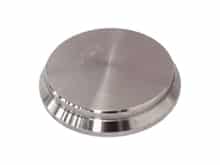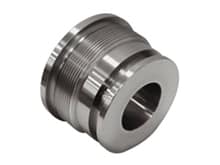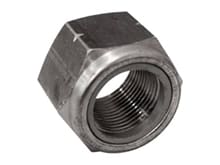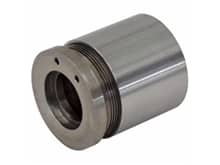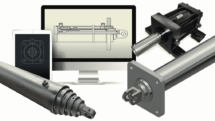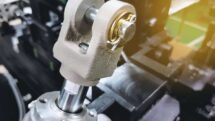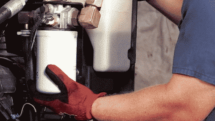The Differences Between Hydraulic and Pneumatic Cylinders
Hydraulic and pneumatic cylinders share similar purposes, functions, and components, which can often lead to confusion about their differences and how to choose the right model for a project. After all, both hydraulic and pneumatic cylinders exert force to create a desired motion. However, while these units result in comparable outcomes, there are many differences between the hydraulic and pneumatic cylinders. Understanding these distinctions is crucial for selecting the right system for your application.
In this blog, we cover the basic similarities and differences between hydraulic and pneumatic cylinders, their benefits and drawbacks, and where to use them. Find out how to determine which system is best for your needs—keep reading to learn more!
Comparing Cylinder Types: Hydraulic vs. Pneumatic
Understanding the similarities and differences between hydraulic and pneumatic cylinders is the first step to deciding which is best for your project.
The Similarities Between Hydraulic and Pneumatic Cylinders
Both hydraulic cylinders and pneumatic cylinders are linear actuators that exert force to create a desired effect, such as spinning, moving, pushing, or lifting. By converting a pressurized fluid into energy, these units generate motion and force. They feature similar compositions, with cylinder barrels housing pistons and rods to facilitate movement. Hydraulic and pneumatic cylinders are built tough and made to last, even when bearing heavy weights and under intense pressure.
The Differences Between Hydraulic and Pneumatic Cylinders
While both hydraulic and pneumatic cylinders convert pressurized fluid into energy, one of the main differences between the two is the type of fluid they convert. Hydraulic cylinders generate force through pressurized liquids such as oil, glycol, and other flame-resistance liquids. As these fluids move through the hydraulic system, force is generated in different places to create the desired movement. Hydraulic cylinders are capable of generating very high levels of force, making them excellent for heavy-duty applications.
Pneumatic cylinders, however, are part of highly pressurized systems that use compressed air to create force. These models have simple designs, with the air pressure controlling the movement of the cylinder’s piston and generating force. Pneumatic cylinders have simple designs and are very effective for small-scale operations.
Benefits, Limitations, and Key Features of Hydraulic and Pneumatic Cylinders
Hydraulic Cylinders
Hydraulic cylinders offer many advantages for industrial projects. They are more precise and stronger than their pneumatic counterparts, with greater control during operations and higher capacities for force (1,500 to 10,000 psi). Hydraulic systems, like those manufactured by Bobcat or Kubota, are particularly suited to uses requiring high PSI levels, heavy-duty capabilities, and robust equipment that withstands rigorous demands and repeated use. Hydraulic cylinders can produce immense force at even low speeds and are excellent for moving heavy or complicated objects.
However, these cylinders do have limitations. Hydraulic cylinders and systems are often complex, requiring frequent inspection and servicing. Failing to perform preventative maintenance for hydraulic cylinders can lead to costly downtime or damages. Hydraulic cylinders tend to be larger and heavier than pneumatic cylinders, as they are manufactured to stand up to higher amounts of pressure. The hydraulic fluid must be replaced periodically and requires further filtering and conditioning equipment, which can be costly. Additionally, hydraulic cylinders are at risk of fluid leaks, which can damage system equipment or lead to cylinder failure.
Pneumatic Cylinders
There are many benefits to selecting a pneumatic cylinder. These units have simple builds, greater flexibility, and are lower in cost than hydraulic cylinders. In addition to higher operating speeds, they are less prone to shock damage and, as a result, require low maintenance and servicing. Because they rely solely on air, they are highly resistant to clogging. Pneumatic cylinders feature long operational lives and help increase the safety levels of the entire system.
However, like their hydraulic counterparts, pneumatic cylinders have their drawbacks. Due to the nature of pneumatic systems, these cylinders often struggle to maintain consistent velocity and lack the level of control maintained by hydraulic cylinders. They are less precise and can handle significantly lower levels of force (less than 100 psi). Additionally, pneumatic cylinders cannot hold loads when equipment is shut down.
Where Can Hydraulic and Pneumatic Cylinders Be Used?
While similar in functionality, hydraulic and pneumatic cylinders have their own applications.
Hydraulic cylinders are ideal for heavy-duty projects and are most common in industries like construction, agriculture, mining, and machinery. They are used to power an extensive range of equipment, including:
- Elevators
- Turbines
- Dump truck lifts
- Excavation arms
- Front loaders
- Tractors
On the other hand, pneumatic cylinders are better suited for lighter or small-scale applications, particularly in industries like food and beverage, pharmaceutical, biotech, and manufacturing. These cylinders are commonly used for:
- Vacuum pumps
- Manufacturing and assembly lines
- Conveyor systems
- Robotic arms
- Medical equipment
By recognizing the unique strengths of each, you can ensure optimal performance and efficiency in your specific applications. Understanding the unique advantages of each ensures you select the right cylinder for your specific needs, maximizing performance and efficiency.
Understanding the strengths, limitations, and uses of hydraulic and pneumatic cylinders will help you make the best decision for your project.
Hydraulic Cylinders, Inc. is Your Leading Expert on Hydraulic Cylinders and Components
Find the right hydraulic cylinders for your needs at Hydraulic Cylinders, Inc. Our team of specialists are experts in the field and can help you determine the best solution for your system. From replacement cylinders to component parts and more, we can supply you with the hydraulic equipment you need to demolish downtime and get back to work.
Contact Us
For any questions or more information, contact us today, and a highly trained representative will assist you. Request a quote to begin your order.

